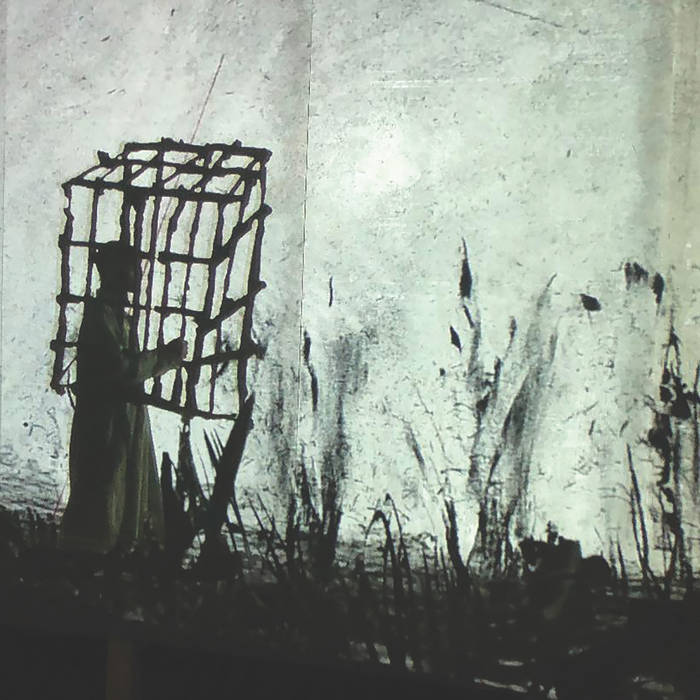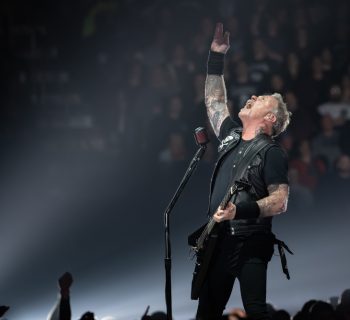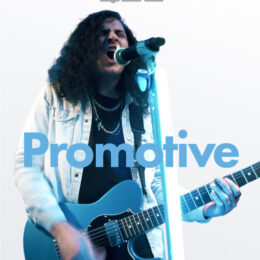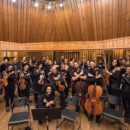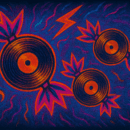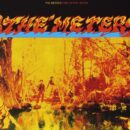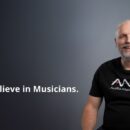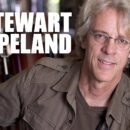Justin Niebank played bass and keyboards in bands as he grew up in Chicago and was even signed to a label for a time. But after he’d sampled life on both sides of the glass, he realized that he was happiest in the engineer’s seat and decided to pursue the craft full time. During the days, he toiled on advertising jingles, while at nights he thrived at Alligator Records. He learned his craft on the job and now divides his time mostly between his home space just outside of Nashville and Studio F of Blackbird Studios. He’s engineered with the likes of Bob Seger, Patti Smith and Bon Jovi, although logs time largely with country bands, notably Old Dominion.
Niebank’s background as a musician who rose through the ranks has been a decided asset to him in the studio. “It allows you to have the communication with musicians that a lot of the time is non-verbal,” Niebank observes. “It helps the flow. One of my favorite things about making records is using momentum to your advantage so people can sort of think outside of themselves.”
The pandemic has had little effect on his output. Indeed, he’s been busier now than in pre-COVID times although he’s avoided remote recording, for the most part. “That trend had started before the pandemic and it will probably continue,” he says. “There are advantages and disadvantages to any workflow or technology. So many musicians now have a small studio rig. Every one of them I know has a laptop with a UA [Universal Audio] Apollo or something.”
These days, the bulk of Niebank’s engineering is with country bands, and he finds that there are subtle differences in the way that the work evolves in the studio. “With a lot of country artists, the big dynamic difference is that [records are made] with session musicians,” he explains. “That’s one of the biggest reasons that I moved to Nashville—because you can walk into a room with some of the world’s greatest players and, within one or two run-throughs, it’s a record; it’s done. I don’t suggest that that’s better or worse than any pop record, but that’s one of the reasons I’m drawn to Old Dominion: because I get to work with an actual band in a room and develop it that way.”
One of the key things he’s seen over the years is that listening in all ways is crucial. Not just to the music, but to the words that artists use… and more importantly, to what they mean. “The number one thing as a producer or engineer is not taking what people say at face value,” he asserts. “You have to learn how to interpret what they’re saying. Ninety percent of what people say and what they mean are two different things. You have to be patient enough to figure it out. Often times they’re focused on the vocal. They might describe something else in the mix or the arrangement being the issue, but what they really mean is that the vocal’s not right. Trying to talk someone into something is a pain in the ass [so] a listen is worth a thousand words and the fix is usually a lot simpler than you think.”
When Music Connection spoke with Niebank, he was in the midst of records with Old Dominion, Thomas Rhett and rising pop country band King Calaway. He’s worked at noted creative spaces across the world—Capitol and Abbey Road—but San Francisco’s Broken Radio Studios remains one of his favorites.
Contact justinniebank.com


